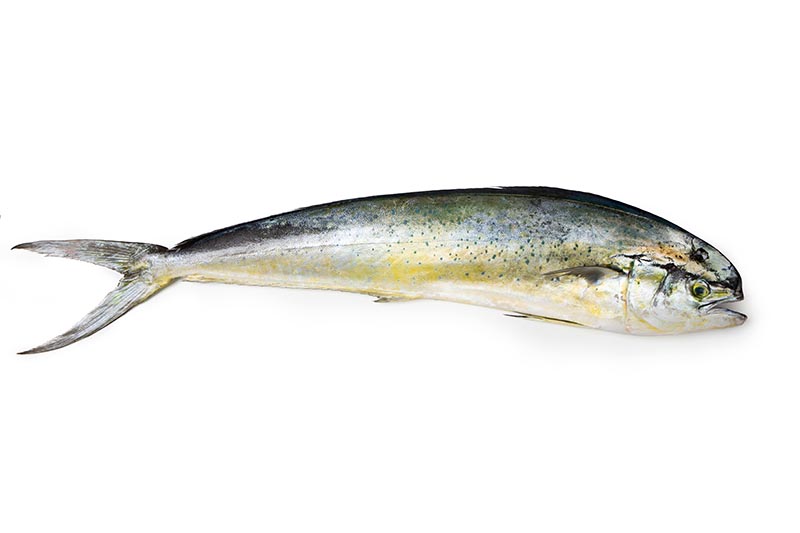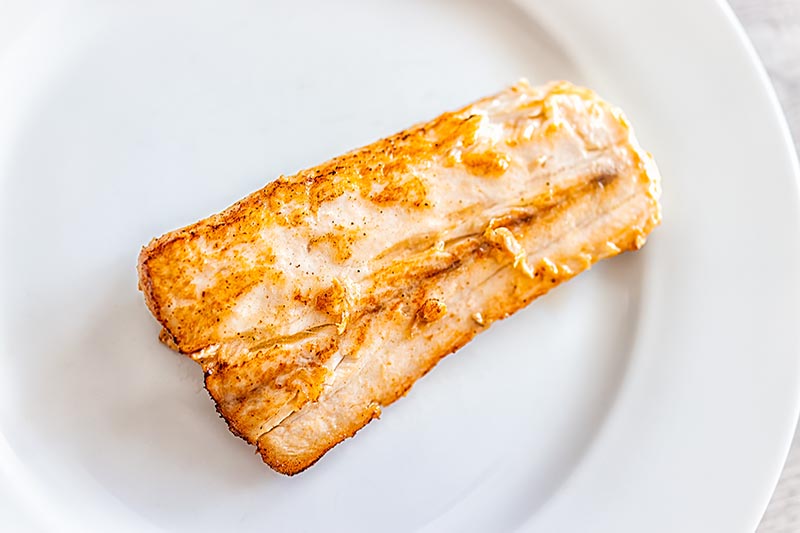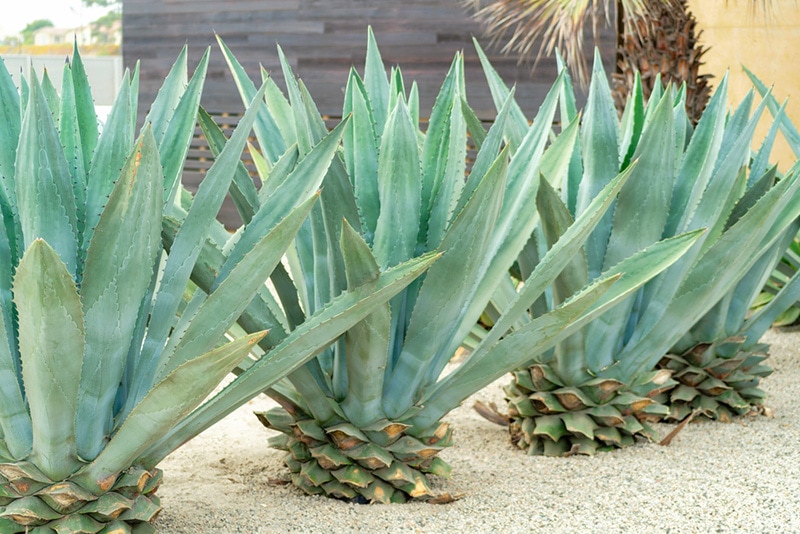Click to Skip Ahead
Providing your dog with the best possible diet is a top priority for all dog owners, but sometimes we may feel like our dogs get bored with the same meals every day. While we are cooking up a storm in the kitchen and trying all sorts of new flavors and delicacies, it may cross our minds to share these delicious ingredients with our dogs. While some food that is okay for humans may not be safe for our companions, it’s wise to question any ingredient before serving it up for your dog.
Mahi mahi is a popular type of delicious fish. If you enjoy this fish, your dog is very likely to enjoy it too. But can dogs eat mahi mahi, and is it safe?
Your dog can indeed enjoy some mahi mahi and its amazing nutritional benefits, but there are some things to consider before adding it to your dog’s diet.
What Is Mahi Mahi?
Mahi mahi, also known as dolphin fish or dorado, are warm water fish that reach about 30 pounds. Their flesh is lean and pale pink and turns flaky and white when cooked. These fish grow and reproduce quickly and are typically caught with a hook and line, making them environmentally friendly and sustainable.

Is It Safe for Dogs to Eat Mahi Mahi?
Mahi Mahi is safe for dogs to eat and is a dog-friendly ingredient for their diet. It is low in calories, so your dog can enjoy this tasty fish without you worrying about it picking up weight. It is also lower in sodium and fat, making it a healthier option than tuna or salmon.
While mahi mahi is safe to feed to your dogs, there are some potential drawbacks that you should be aware of. The biggest risk of feeding your dog mahi mahi is the possibility of mercury poisoning, but this is the same for many other types of fish.
Don’t feed excessive amounts of this fish to avoid any chance of mercury poisoning. Some dogs may be allergic to this fish due to high levels of histamine, which may cause a reaction.
Mahi mahi has also been linked to fish bloat1 in dogs, which can be life-threatening if not treated immediately. Take them to the vet right away if you notice any signs of bloating, such as gas pain or discomfort around their waist.
How Should I Prepare Mahi Mahi for My Dog?
Cooked mahi mahi is much easier to digest than raw fish. Cooking the fish well will ensure that there are no bacteria present. You can grill, steam, or boil the fish at 145 degrees Fahrenheit until it is cooked through and flaky. By filleting the fish beforehand, you can remove any bones that could cause your dog any unwanted health issues or choking hazards. The best way to feed mahi-mahi to your dog is to cut it into bite-sized chunks.
Although it may be a tempting and easier option, it is preferable if you do not feed your dog raw mahi-mahi. Raw fish can be a carrier for various nasty parasites and bacteria, which may cause your dog to have an upset stomach.
You can feed the mahi mahi skin to your dog as long as any sharp scales are removed first. However, some may have an allergic reaction due to the iodine content. You should also make certain that the skin has been thoroughly cooked before feeding it to your dog, as it can still contain unwanted parasites and bacteria. Mahi mahi should be served to your dog as a treat, not as a primary meal.

Mahi Mahi as Part of a Healthy Diet
Mahi mahi has high levels of fatty acids, which are necessary for a dog’s diet. Omega fatty acids are good for your dog’s skin and coat and reduce inflammation. Yeast infections can be slowed down, and eyesight and heart conditions may be improved. A healthy ratio of omega-3 to omega-6 fatty acids can also help prevent obesity.
Mahi mahi is also a good source of protein for your dog. Protein is an essential component of a well-balanced diet for your dog. Protein serves several functions in the body, including the maintenance of healthy muscles and tissues, the production of hormones, and maintaining a robust immune system.
Mahi Mahi contains magnesium, phosphorus, and calcium, which can sometimes be lacking in commercial dog foods. Magnesium supports a healthy immune system, maintains normal nerve, muscle, and heart function, and regulates blood glucose levels. Phosphorous pairs with calcium to form strong and healthy bones and maintain cell production and structure.
Calcium is essential for milk production, muscle contraction, bone and tooth formation, blood clotting, vision, heart pumping, and hormone metabolism. Mahi mahi also has vitamin D, which helps your dog’s body balance minerals like phosphorus and calcium for healthy bone growth.
Conclusion
Mahi mahi can be a delicious addition to your dog’s diet, but there are a few exceptions to consider. While fish is a good source of healthy fats, it should only be used as a supplement to their regular diet as a treat and not as their primary source of protein. The mahi mahi should be cooked well with the bones removed and given to your dog in small increments to see if it will tolerate it. When feeding your dog something new, it is always helpful to consult your vet first.
See Also:
Featured Image Credit: Rene Ambrusch, Pixabay










